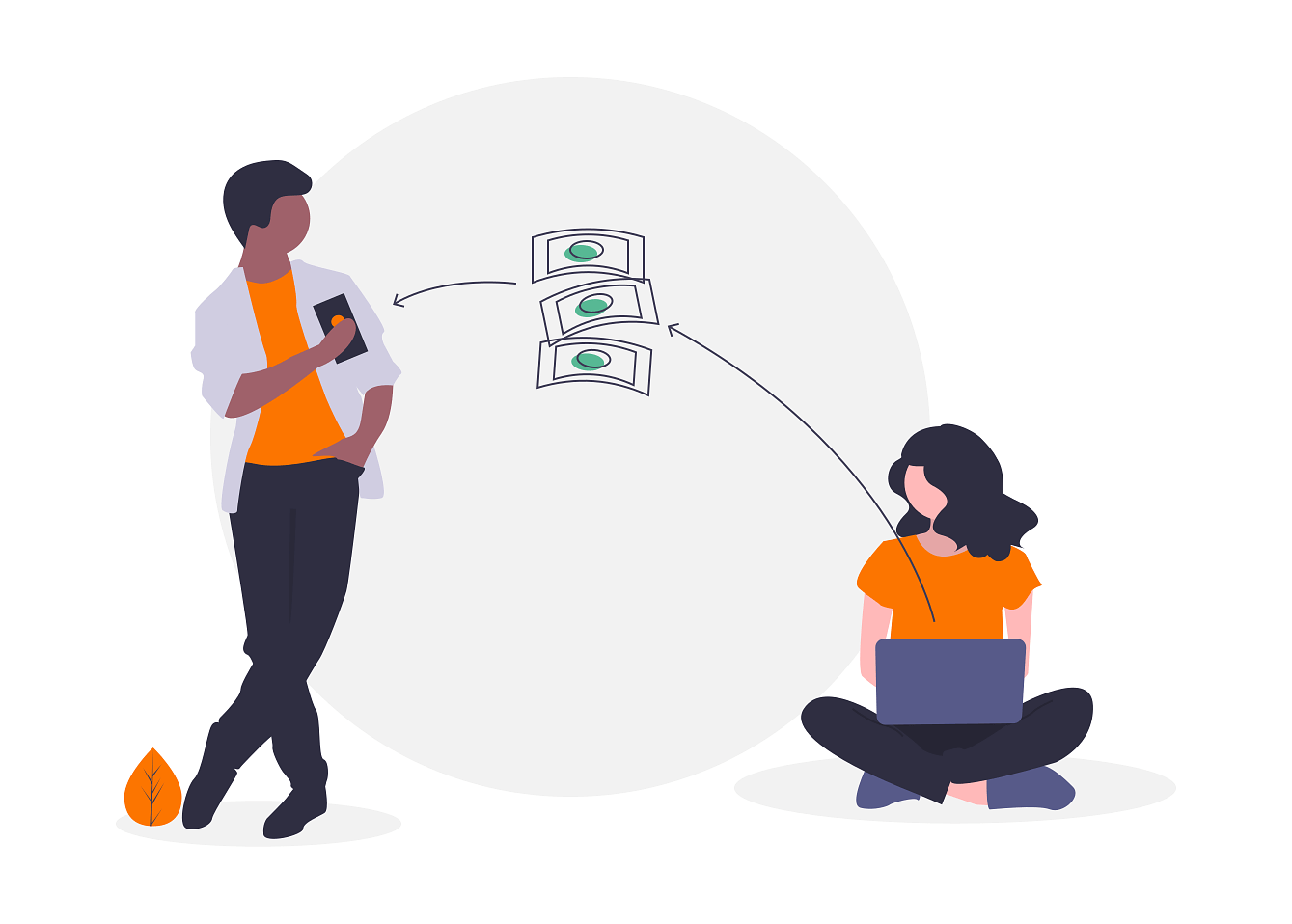Do you have an old or damaged car rusting away in your backyard and you don’t know what to do with it?
Take it in for repairs?
That is certainly out of the question, because it’s either too battered to be repaired or the cost of repairs is too high, perhaps even higher than the car’s present value.
What next?
About 15 million vehicles reach the end of their usable lives every year in the US, and about 13 million of these are sold off to junkyards and recycled.
Yes, junking your car is the best way to get rid of the clunker and earn a quick buck in the process.
But what does it take to junk your car?
We’re sharing everything you need to do when junking your car, so buckle up and enjoy to ride.
1. Collect Your Personal Belongings
How some of our personal belongings end up in our rides and stay there for weeks or even months is not puzzling.
Cars are our second homes.
At the end of several years of faithful service, your car could play host to a range of personal stuff, from important documents like insurance cards to pieces of jewelry.
In fact, it’s common for car owners to “misplace” something, search it everywhere else without luck, only to find it in the car’s storage compartments.
To ensure no valuable personal belonging is lost when you junk your car, comb through the trunk and other storage compartments before handing it over.
2. Remove Valuable Parts Before You Junk Your Car
Your aim is to squeeze as much money as possible from the wrecked auto.
As such, take away parts or components that can fetch some dollars when sold separately.
Focus on alternators, starter motors, entertainment systems and other high-value parts that can be sold to retailers or drivers with a similar car model, as well as those that can be taken to a manufacturer for restoration.
Check the battery and wheels, too.
If you take off the tires, replace them with beat up ones. Dealers can refuse to buy your car if it’s not in towable condition.
Potential dollars could also be hiding in the gas tank. If there’s some gasoline in there, siphon it out using a siphon pump and store it in tight containers away from heat sources, or you can use it fuel another car.
Don’t fail to remove valuable parts because you lack the mechanical know-how to tell a functional part from a dead one. Call in a friend or a local mechanic to help out.
3. Iron out the Paperwork
Although it’s possible to junk your car (after trying hard) without documents showing proof of ownership, dealers will likely knock you off.
Getting your car title in order enables you to transfer ownership to the dealer. This way, if something unforeseen happens – like if the car gets stolen from the junkyard before it’s crushed flat – no one will ask you to take part in a theft investigation.
If you can’t find your title, don’t freak out.
Head over to your state’s department of motor vehicles and get it replaced.
Rules for car titles vary from state to state, so check with your state’s DMV to get a handle on whether you need to have the car’s paperwork in order.
In some states, it’s not a requirement to have a title for vehicles for very old vehicles. For example, Vermont doesn’t title cars that are over 15 years old.
4. Remove License Plates
Perhaps you are wondering, “what do I need to remove license plates from a dead automobile that is going to be crushed anyway?”
Well, the license plates don’t stop being useful when a car retires from service.
Removing license plates from the vehicle upon transfer of ownership is a legal requirement in several states, and your DMV will likely ask for the plates when you apply to cancel the title.
5. Cancel Your Car Insurance
Canceling your junker’s insurance ensures your carry won’t have to make any recurring payments before the policy expires.
In case you had paid for full coverage in advance, you’re entitled to a refund.
Even if your coverage is almost up and you feel there is nothing to lose, it’s still important to notify your carrier. This helps to maintain a solid business relationship, and a better relationship means you could qualify for discounts or special offers in the future.
6. Shop Around for the Best Deal
No matter what shape your old jalopy is in, different dealers will offer different figures.
Although offers will often vary slightly, it’s best to shop around for the best deal before you junk your car.
Dealers will always try to acquire the car at the lowest possible price, so up your negotiation skills a notch.
Gather as much information about the car as possible, since dealers and brokers will typically want to know the extent of damage before throwing you an offer.
It also helps to have a rough estimate of the car’s value before taking offers. You can ask your mech to give a rough estimate, then call several junkyards and compare their offers.
Also, consider whether a dealer offers free towing. If they don’t, ask how much they will give without including towing charges. Sometimes delivering the car to a junkyard on your bill can get you a better deal, as long as you get your math right.
7. Ensure Your Dealer is Licensed
Several states prohibit junk car dealers from doing business without a proper license.
For your own sake, ensure your preferred dealer has an active license. You can walk or drive over to the yard and ask to see the license before you junk your car. Alternatively, if your state offers e-services for license checks, ask for the license number and verify it online.
Although it can be tempting to rush over the process once you hit an irresistible deal, working with a licensed dealer protects you from potential liabilities in the future.
If the deal turns sour somewhere along the way, especially where a dealer promises to settle part of the cash later on and fails to pay up, you may be unable to make a valid claim against the dealer.
Worse, you can be sued for improper transfer of a motor vehicle. You risk a fine or jail time when you junk your car to a shady dealer.
8. Remove Non-Metal Components (When Necessary)
While some dealers can buy your junk car as is (complete with non-metallic parts), others would prefer to buy after it has been stripped down to bare metal.
If dealers in your locality prefer stripped-down vehicles, you stand a better chance of selling off your junker when it’s stripped down.
Scrapping off the plastics, removing the seats and emptying fluids will require some expertise and special equipment, but the job must be done.
The best and quickest option is to call in a mechanic, though the service will cost you some money. A cheap alternative is to gather a couple of friends and join efforts to strip down the car. (It’s fun, we promise!)
9. Ensure the Weight Scale is Certified
Scrap cars are mostly sold by the ton.
This means that if a dealer is offering $200 per ton for a full car, a 2,000-pound vehicle will fetch you $200 and some loose change.
The more tons your dead vehicle weighs, the more money it will fetch.
Sounds pretty straightforward, right?
It certainly does, until you find out dealers use different weight scales. Some are faulty or tampered with, and they can give lower measurements of your car;s weight. When this happens, a couple of dollars will be knocked off the car’s value without your knowledge.
To junk your car at maximum value, avoid transacting with dealers with a crooked reputation and ensure your dealer is using a certified weight scale.
10. Consider Other Ways to Junk Your Car
Although most people junk their cars for cash, giving it away to a charity of your choice is another way to get rid of the thing.
The charity will eventually sell the car and use the proceeds to fund their charitable causes.
But why donate to charity when you can earn some quick money?
Donating is hassle-free and you can claim a great tax deduction!
So whether you junk your car for cash or donate to charity, you will reap some financial gain at the end of the road.
Before we slam on the brakes…
Keep in mind that junking a car is a nice way to get the old machine out of your property and put more money in your pocket.
However, the process can be tiring if you’re a newbie in this business or a bit held up with some other work.
Sell your clunker at a great deal to us, regardless of its condition, age, model or size.



